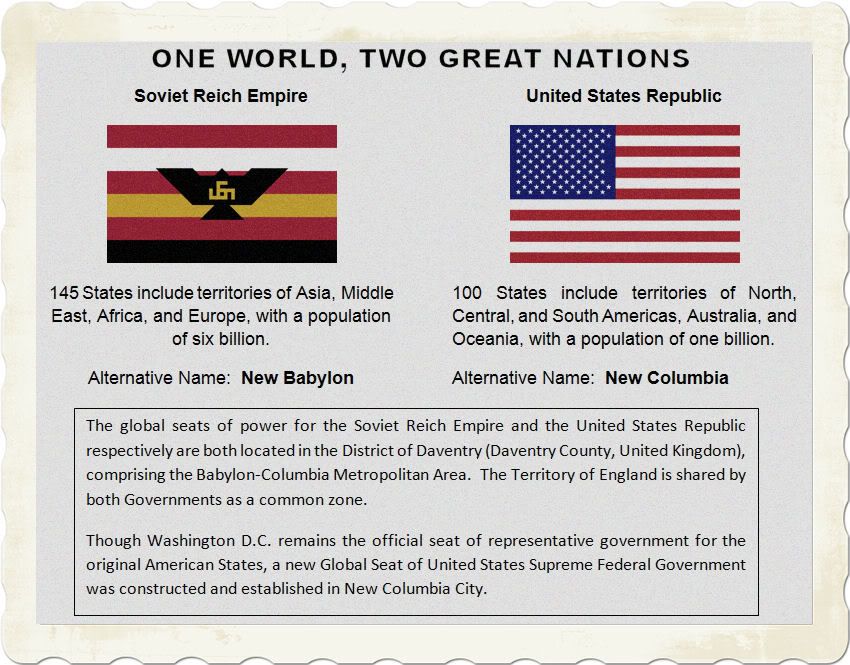I've been thinking about something for a little while and would like as many opinions as possible.
At last count there are something like 195 countries on the face of Earth with individual governments. Right now this planet is in a sorry state of affairs but in Star Trek things improve considerably.
How did this change come about, what did the individual nations give up to cause this change, could it happen for real?
I have a feeling the United Nations finally did what it was intended to do?
Thank you,
James
At last count there are something like 195 countries on the face of Earth with individual governments. Right now this planet is in a sorry state of affairs but in Star Trek things improve considerably.
How did this change come about, what did the individual nations give up to cause this change, could it happen for real?
I have a feeling the United Nations finally did what it was intended to do?
Thank you,
James






 Of course, it took us a war, a megadeath, and well over a century before our priority identification was "American" rather than local.
Of course, it took us a war, a megadeath, and well over a century before our priority identification was "American" rather than local.